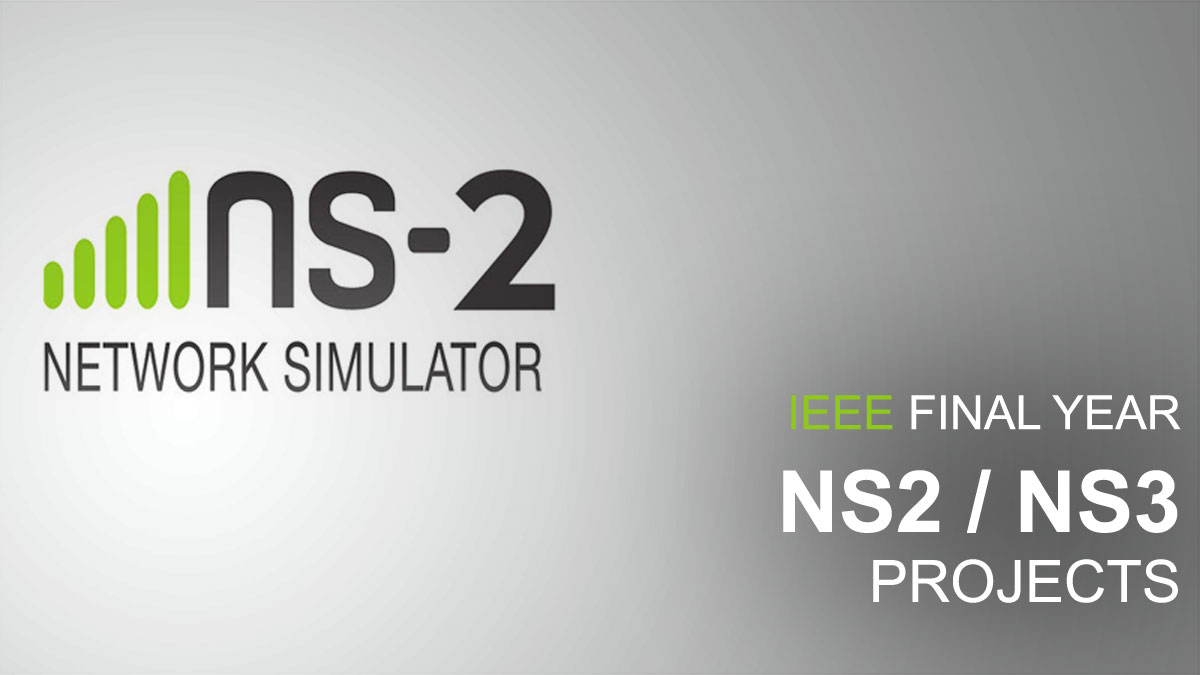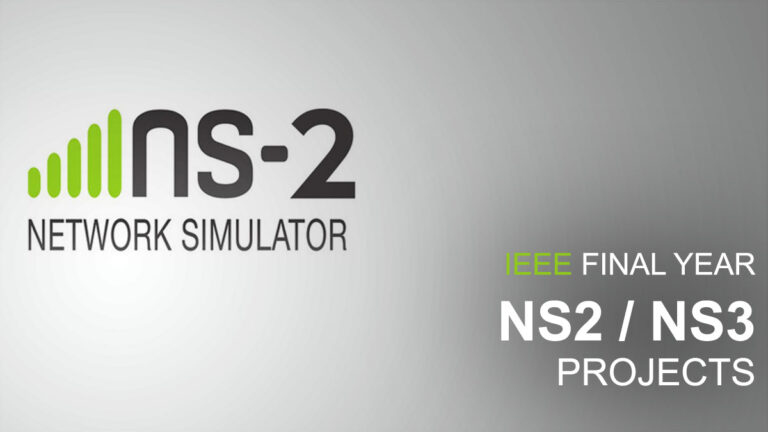
Abstract:
This study designs user association and time allocation for wireless communication networks. In the first downlink phase, base stations (BSs) harvest-then-transmit wireless energy to users. In the uplink phase, users send information to the BS using harvested energy.
To maximize network throughput, we use a general α–fair utility. Maximizing sum-rate, proportional fairness, and minimum rate are examined separately. We introduce a message-passing-based framework to efficiently distribute user association and optimize time allocation between the downlink and uplink phases.
To maximize α–fair utility, each user selects a BS distributedly. An efficient line search determines time allocation after user association. The proposed algorithm outperforms existing methods in simulations.
Keywords: Resource Management, Wireless Communication, Uplink, Throughput, Downlink, Wireless Sensor Networks, Time Division Multiple Access, Energy Harvesting, Message Passing, Optimisation, Protocols, Radio Networks, Resource Allocation, Search Problems, Telecommunication Power Management
Note: Please discuss with our team before submitting this abstract to the college. This Abstract or Synopsis varies based on student project requirements.
Did you like this final year project?
To download this project Code with thesis report and project training... Click Here
